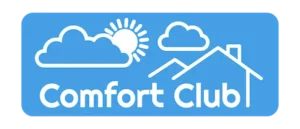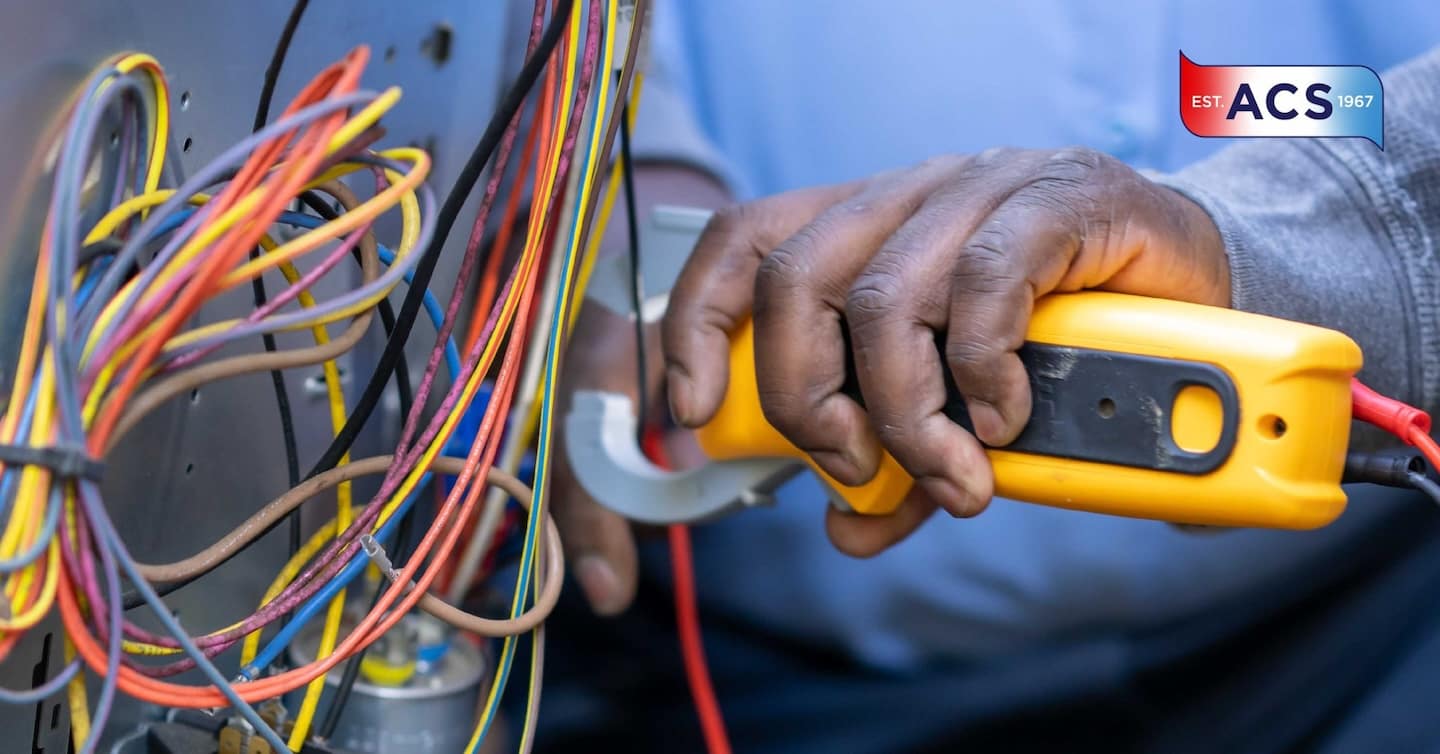As a homeowner, you know how critical regular HVAC maintenance is to keep your household comfortable. However, did you also know that maintaining your maintenance routine could potentially save your life? More often than not, residential fire hazards are caused by an HVAC issue that regular professional service could’ve stopped.
You can easily prevent HVAC fire hazards by scheduling regular residential or commercial maintenance. At ACS, we offer top-quality heating and cooling services to home and business owners across Milledgeville, Covington, and the surrounding areas. With decades of valuable experience, our HVAC-certified technicians provide industry insight and premier workmanship to all of our valued customers.
In this article, we’ll discuss some of the most common HVAC fire hazards, including:
-
- Faulty electrical wiring
- Broken heat exchanger
- Leaky fuel lines
- Crowded AC/furnace
- Low gas pressure
Faulty Electrical Wiring
Most HVAC-related fires are a result of faulty electrical issues. Over time, the electrical connections in your system can become loose, resulting in uneven power exertions from your furnace. As your furnace exudes higher power, this can lead to burnt electrical wires. If left unchecked, burnt wires will eventually trigger a furnace fire. Some warning signs indicating a potential furnace fire include smoke or burning smells coming from your system. Call your local HVAC professional ASAP if you notice any signs of burning.
Broken Heat Exchanger
Cracked or damaged heat exchangers are another common culprit of HVAC fires. When your heat exchanger breaks, it can leak carbon monoxide. Not only is carbon monoxide extremely poisonous when inhaled, but it is also flammable to its surroundings. Any crack or ding in your heat exchanger should be taken very seriously, as CO2 exposure can cause severe damage. During regular HVAC maintenance, your technician can easily detect damage to the heat exchanger in its earliest stages and repair it before things get out of hand and your health and safety are at risk.
Leaky Fuel Lines
Leaky fuel lines are something you’ll want to handle right away. However, many homeowners fail to address a leak before it’s too late. When fuel lines leak, your system’s highly flammable fuel, either oil or gas, reaches the hot components inside your HVAC unit. When the fuel meets such high temperatures, a fire will erupt. Luckily, leaky fuel lines are easily fixable if you address them in their early stages. Staying on top of your HVAC maintenance is essential to ensure these leaks are caught and handled in time.
Crowded AC or Furnace
Crowding your air conditioning unit or furnace is a severe fire hazard. However, this is an easily avoidable mistake. If you have boxes, brooms, crates, or other personal belongings sitting against your furnace or AC, move them immediately. Nothing should be within 3 feet of your system. Crowding items around your HVAC unit makes them highly susceptible to catching fire and causing severe damage to your home.
Extreme Gas Pressure
If your gas pressure becomes too high or too low, it can lead to serious fire hazards. Low gas pressure creates condensation in the heat exchanger, whereas high gas pressure causes your exchanger to become extremely hot. Both of these circumstances can result in gas leaks, poor indoor air quality, and, in the worst case, fire hazards. The best way to ensure your gas pressure stays at the correct level is to have HVAC professionals regularly check your system. At ACS, checking gas pressure is a routine residential HVAC maintenance staple!
HVAC Heating and Cooling with ACS
If you need professional HVAC repair, replacement, or maintenance, you can count on ACS to get the job done. With decades of industry experience, our certified HVAC technicians will deliver nothing but the best! Connect with our team today for top-quality HVAC maintenance, repair, or installation in Covington, Milledgeville, and surrounding areas.



